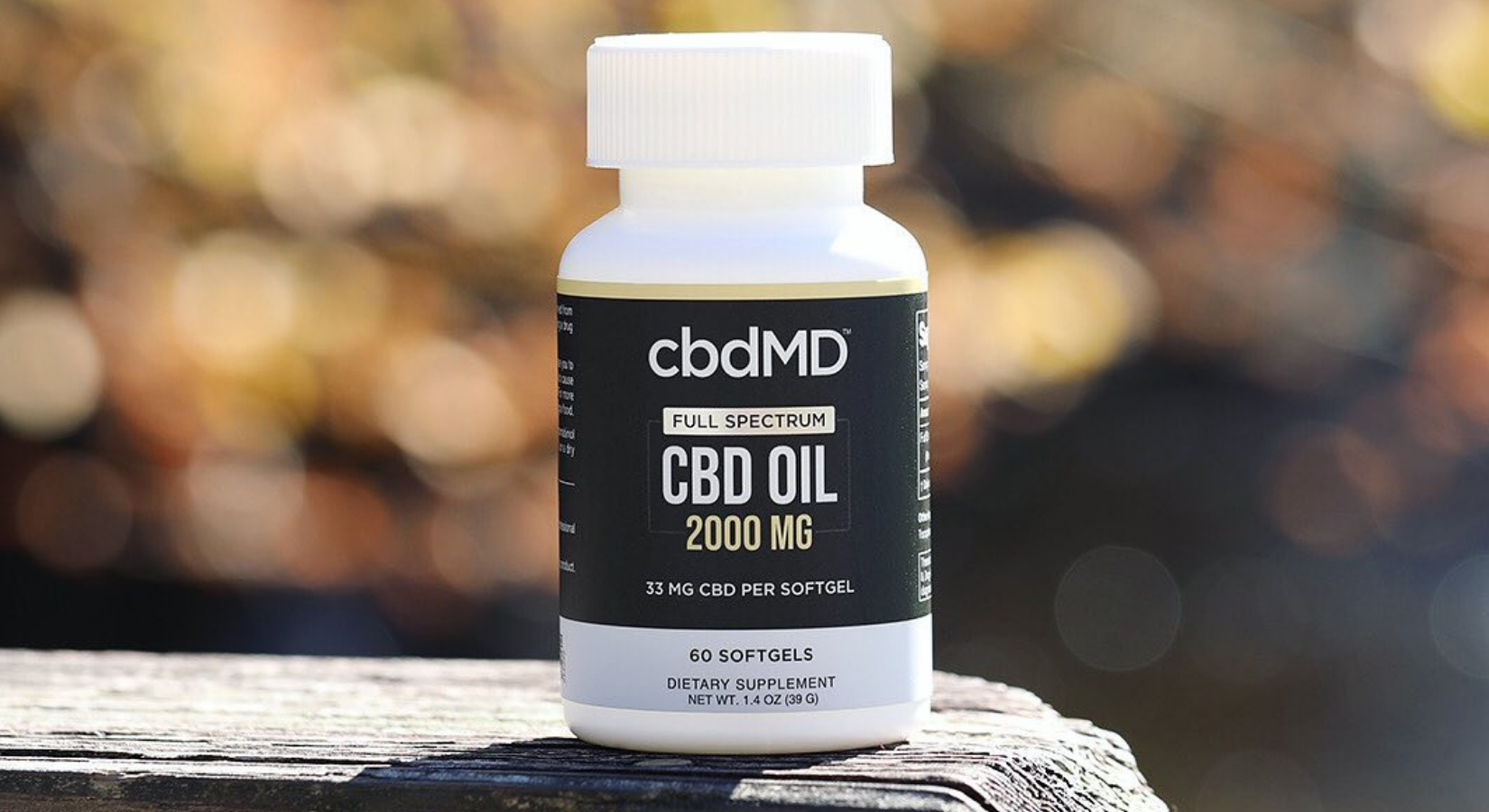If you’re getting familiar with cannabidiol (CBD) and what it can do, terms like “full spectrum” and “isolate” are going to sound foreign to you. But before you purchase CBD, you should have a firm understanding of the differences between these CBD types. In today’s post, we’re going to de-mystify these terms, so you can make the best-informed buying decision possible.
Full Spectrum CBD Oil
Full spectrum CBD refers to products that contain a full range of cannabinoids, terpenes, essential oils, and other compounds. Full spectrum CBD extract is processed differently from isolate, and it can contain trace amounts of THC—the psychoactive compound in marijuana that gets you “high”. These trace amounts of THC will have a negligible impact on your mental state, so don’t expect to get high. Though the THC content will be under 0.3%, it can still trigger positive drug tests. Be aware of this if you need to take any drug test for professional purposes.
Full spectrum CBD carries a host of other compounds with it. These compounds interact and work in synergy. This is called the “entourage effect”. This entourage effect is crucial for understanding how full spectrum CBD differs from isolate. The compounds in full spectrum work together to pack a potent punch. These cannabinoids, terpenes, essential oils complement each other. Due to the entourage effect, you can get more of what hemp has to offer. This is the main advantage full spectrum CBD has over isolate.
CBD Isolate
Simply put, CBD isolate is the purest form of cannabidiol. Unlike full spectrum CBD, isolate products typically contain 99% cannabidiol. Isolate products are usually sold as oils (with a carrier oil such as hemp or MCT), crystals, powders, and wax, among others. CBD isolate is potent and fast acting. Though there is no entourage effect, isolate is still very effective—especially depending on how it’s used. CBD isolate is also extremely versatile and can be consumed in a variety of ways:
- Orally: CBD isolate can easily be added into food and beverage (it’s almost tasteless). You can also apply it under the tongue.
- Topically: Isolate can be used with carrier oils (like coconut oil, for example), and it can be applied directly on the skin. Aside from oils, creams are another popular topical form.
- Aromatherapy: CBD can be inhaled in a water pipe, dab rig, or aromatherapy diffuser. CBD can also be vaporized.
Full Spectrum Vs. Isolate: The Verdict
You’re probably wondering which strain of CBD is superior. But here’s the truth: there is no straight answer. The superior form of CBD will come down to your preference and the reason why you’re using the compound. For you, circumstances will matter. If you have a job interview coming up, it’d be wise to stick to CBD isolate if you don’t want to flunk your drug test. That said, if you want to benefit from everything hemp has to offer, full spectrum CBD may be the superior choice.
Whatever reason you need CBD, it’s important you do your own homework to get an idea of what’s best for you. At BOOM Headshop, we understand that there’s nothing more important than trust and quality.
All the CBD brands on our website have been vetted and lab-tested. You can have peace of mind knowing that the CBD you purchase—whether isolate or full spectrum—will be of extremely high standards.















